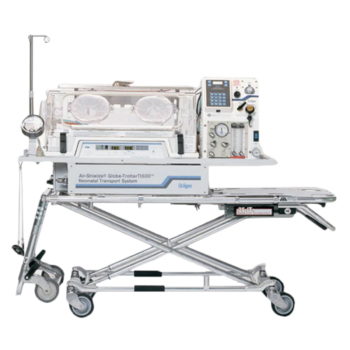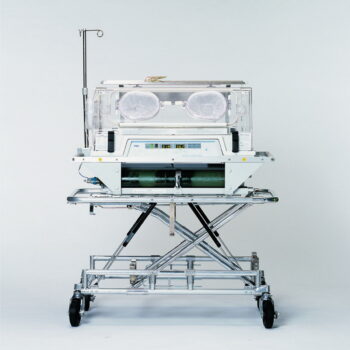Why Choose Medicare Excel Medical Limited for the DRAGER AIR-SHIELD ISOLETTE C2000 INCUBATOR?
Medicare Excel Medical Limited is Kenya’s leading supplier of high-quality medical equipment, including the DRAGER AIR-SHIELD ISOLETTE C2000 INCUBATOR. Here’s why we’re the best choice for your medical equipment needs:
1. Competitive Pricing
We understand the financial constraints faced by many healthcare providers. That’s why we offer the DRAGER AIR-SHIELD ISOLETTE C2000 INCUBATOR at competitive prices without compromising on quality.
2. Exceptional After-Sales Service
Our relationship with you doesn’t end after purchase. We provide:
- Installation and calibration services to ensure optimal performance.
- Routine maintenance and servicing to extend the life of your equipment.
- Round-the-clock customer support for any questions or concerns.
3. Extensive Product Range
As a trusted partner in healthcare, we stock a wide array of medical equipment to meet your every need. From neonatal care to surgical instruments, we’ve got you covered.
4. Local Expertise, Global Standards
With years of experience serving healthcare providers in Kenya, we understand the unique challenges you face. Our solutions are tailored to the local context while adhering to international quality standards.
5. Fast and Reliable Delivery
Time is of the essence in healthcare. That’s why we prioritize fast, reliable delivery to ensure your equipment is ready when you need it most.
How the DRAGER AIR-SHIELD ISOLETTE C2000 INCUBATOR Transforms Neonatal Care
Investing in the DRAGER AIR-SHIELD ISOLETTE C2000 INCUBATOR means investing in the future of neonatal care. This state-of-the-art equipment not only enhances patient outcomes but also streamlines workflows for healthcare providers. With features like precise thermal regulation, advanced ventilation support, and exceptional infection control, this incubator ensures that even the most vulnerable patients receive the best possible care.
By partnering with Medicare Excel Medical Limited, you gain access to world-class medical equipment and services tailored to the Kenyan healthcare landscape. Whether you’re equipping a small clinic or a large hospital, we’re here to support you every step of the way.
Order Your DRAGER AIR-SHIELD ISOLETTE C2000 INCUBATOR Today
Don’t settle for less when it comes to neonatal care. The DRAGER AIR-SHIELD ISOLETTE C2000 INCUBATOR is the ultimate solution for safeguarding the health and well-being of newborns. Contact Medicare Excel Medical Limited today to learn more about this exceptional incubator and how it can benefit your facility.
Contact Us
Phone: +25490507450
Email:info@medicareexel.net
Website: https://www.medicareexel.net/
Experience the Medicare Excel difference—where quality meets care. Let us help you elevate the standard of healthcare in Kenya!






